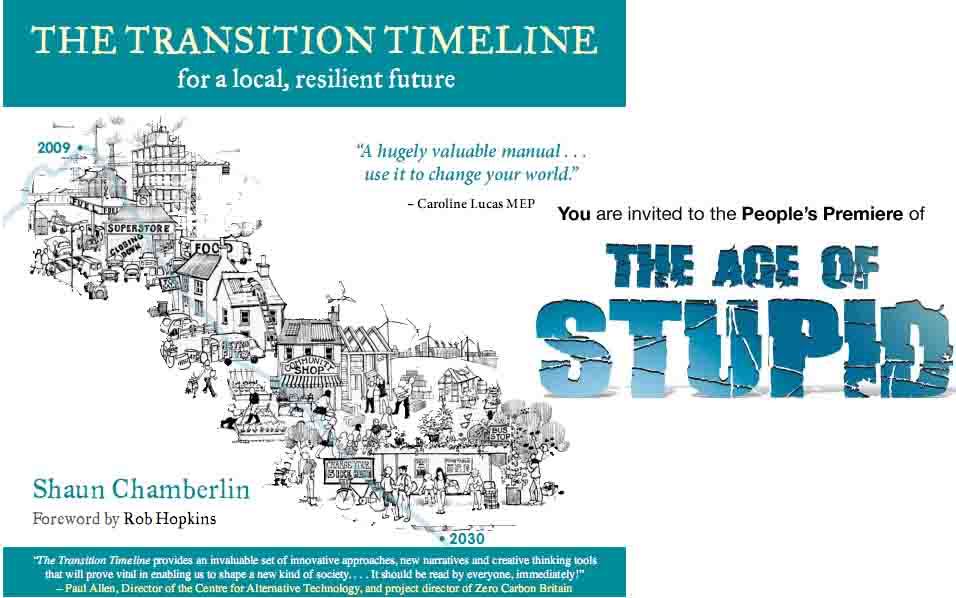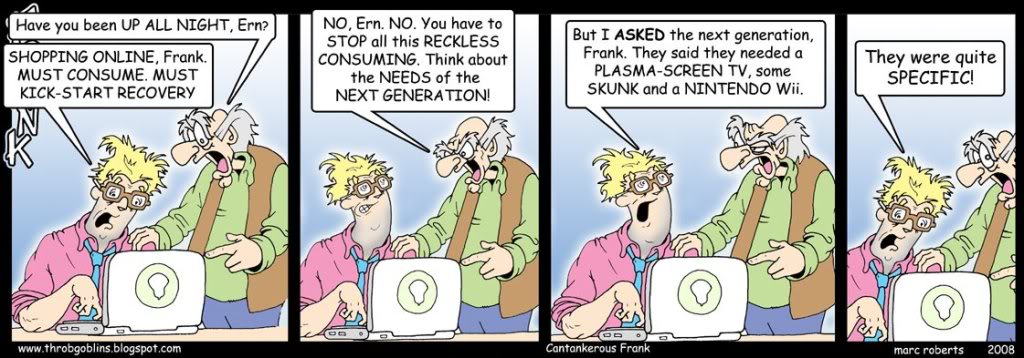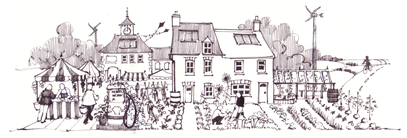
by Shaun Chamberlin | Mar 7, 2009 | All Posts, Cultural stories, The Transition Timeline, Transition Movement
Transition Town Kingston are hosting a pre-launch celebration of my new book, The Transition Timeline, at the Kingston Odeon on the 15th March (this Sunday) from 5:30pm. This event will also form part of the nationwide People’s Premiere of new film The Age of...

by Shaun Chamberlin | Dec 13, 2008 | All Posts, Cultural stories, Philosophy, The Transition Timeline, Transition Movement
“A person will worship something, have no doubt about that. We may think our tribute is paid in secret in the dark recesses of our hearts, but it will out. That which dominates our imaginations and our thoughts will determine our lives, and our character....

by Shaun Chamberlin | Dec 7, 2008 | All Posts, Cultural stories, The Transition Timeline, Transition Movement
Last month I discussed some of the national and international developments that are shaping our future, but in spite of the ongoing climate talks in Poznan, today I’d like to focus on the importance of local-level action. Amidst all the focus on global climate...

by Shaun Chamberlin | Sep 27, 2008 | All Posts, Cultural stories, Favourite posts, Peak Oil, Politics, Reviews and recommendations, TEQs (Tradable Energy Quotas)
https://www.darkoptimism.org/wp-content/uploads/2008/09/Radio4.mp3 The “You and Yours” programme on BBC Radio 4 this week held a studio discussion on Peak Oil, with energy investment banker Matt Simmons, peak oil educator Richard Heinberg and the...

by Shaun Chamberlin | Jul 27, 2008 | All Posts, Climate Change, Cultural stories, Favourite posts, Philosophy, Politics
Since my earlier review of Burn Up I have discovered a comment on the film posted yesterday by Jeremy Leggett, one of the few with any media profile to openly discuss the interplay of peak oil and climate change. In his piece Leggett asks: “Why do the...







Recent Comments